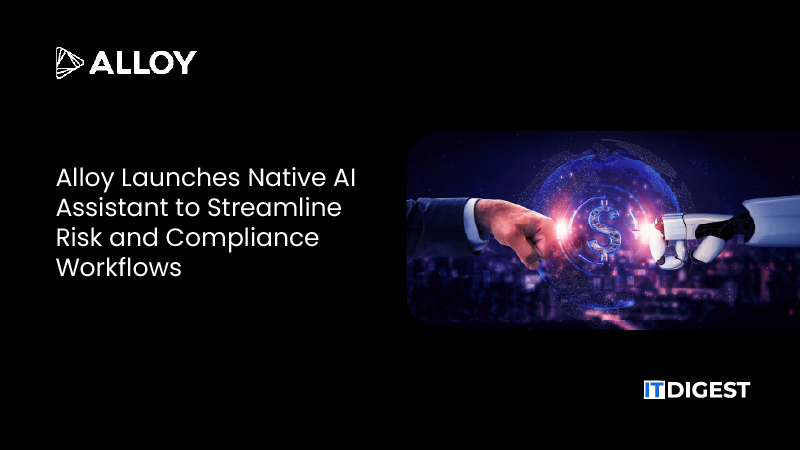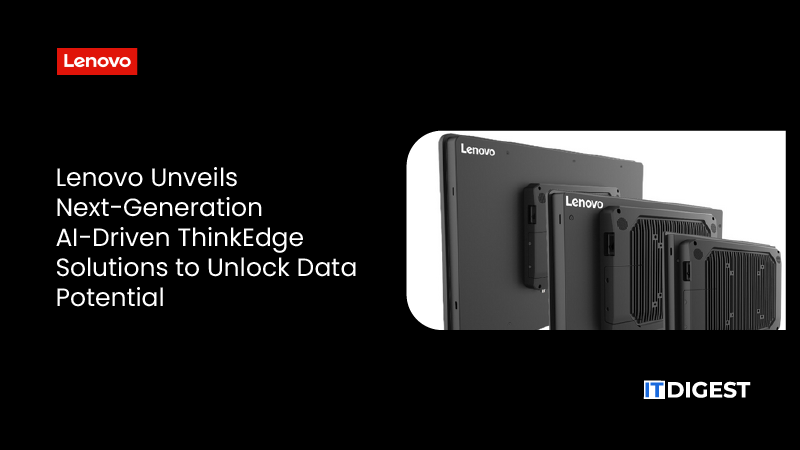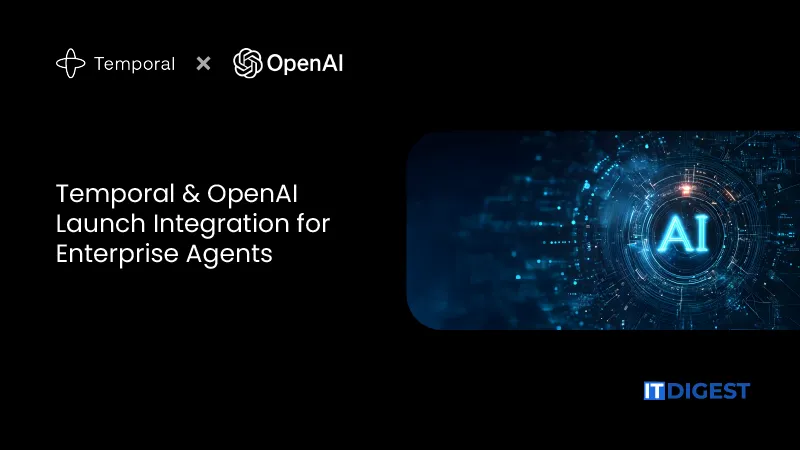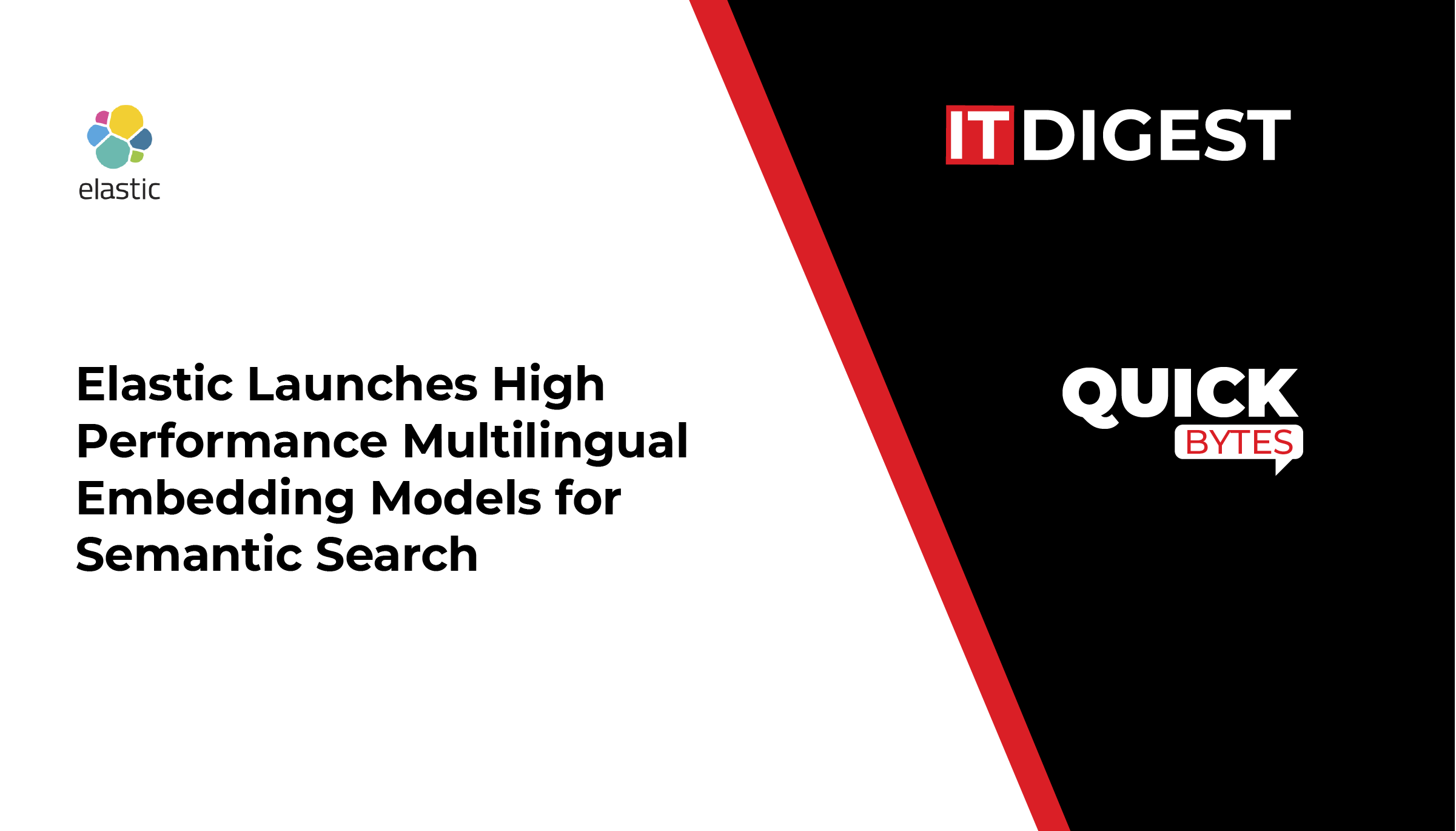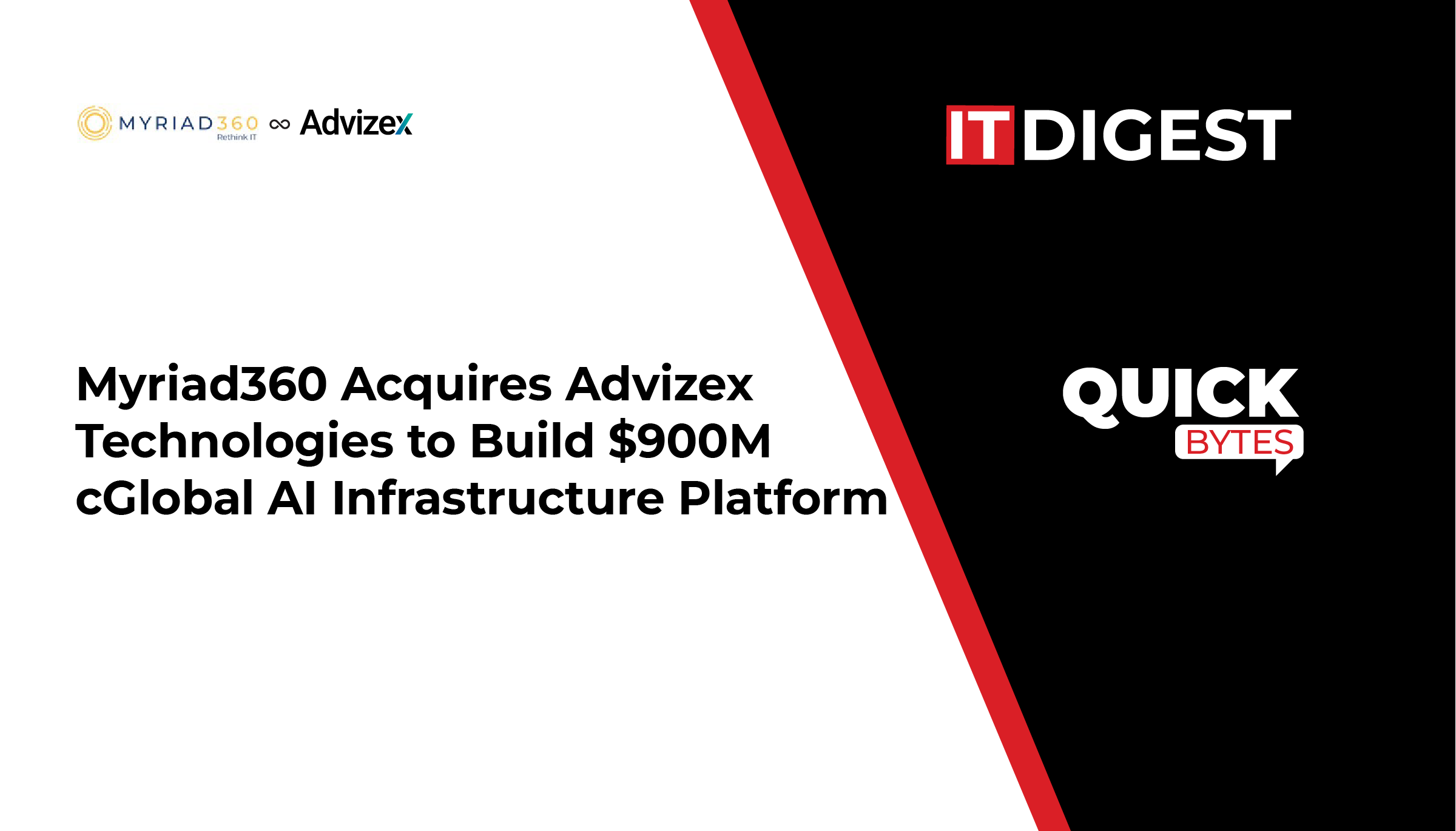Temporal Technologies, the open-source and cloud-native leader in Durable Execution, has unveiled a new integration with the OpenAI Agents SDK. This enhancement empowers developers to build and deploy robust, multi-agent large language model (LLM) workflows faster and more reliably, without being tied to a single provider.
Developed in close collaboration with OpenAI, the integration introduces built-in orchestration and fault tolerance to agentic systems. Now available in public preview for the Temporal Python SDK, the solution is fully compatible with the OpenAI Agents SDK’s model-agnostic framework—allowing development teams to maintain flexibility in their choice of LLM providers while avoiding vendor lock-in.
Also Read: SoundHound AI & AVANT Team Up to Boost AI Agent Adoption
With this integration, teams can enhance existing agents created using OpenAI’s framework or start new projects from scratch using Temporal’s Durable Execution model. This eliminates the complexity of building custom state machines or orchestration infrastructure, enabling engineering teams to bring AI agents to production with greater speed and confidence.
“A lot of teams are experimenting with AI agents right now, but running them reliably in production is still a major challenge,” said Maxim Fateev, co-founder and CTO of Temporal. “You have to think about state, retries, and coordination. These aren’t easy to get right at scale. This integration makes it easier for developers to go from prototype to production without rebuilding their architecture.”
By leveraging Temporal’s production-grade capabilities, developers using the OpenAI Agents SDK gain access to key benefits, including:
-
Persistent state across long-running or multi-step agents, minimizing the need for external data storage and reducing orchestration complexity
-
Automatic retries and fault recovery for API failures, infrastructure issues, or human-in-the-loop tasks, resulting in higher agent reliability and smoother user experiences
-
Scalable execution across high-volume workloads, eliminating performance bottlenecks
-
Comprehensive observability for real-time monitoring, debugging, and traceability, enabling rapid resolution of production issues
-
Token and cost optimization, as workflows resume from the point of failure instead of reprocessing from the beginning
These advantages allow development teams to reduce orchestration overhead, simplify the deployment process, and scale AI agents with minimal friction. In today’s rapidly evolving AI landscape, such capabilities are essential for staying competitive and delivering exceptional customer experiences.
This integration reinforces Temporal’s leadership in durable orchestration for agentic systems. Organizations including OpenAI, Replit, Abridge, AI labs, and leading Fortune 500 companies already rely on Temporal to manage mission-critical workloads across training, inference, and AI agent operations.







